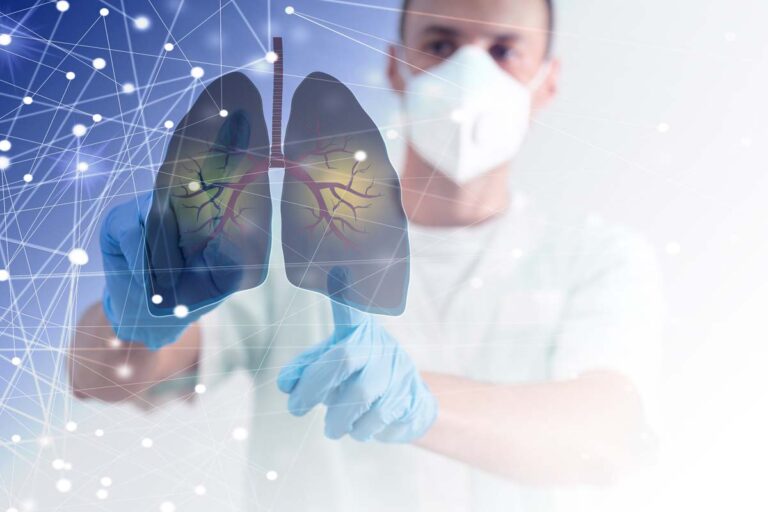As Christopher Walken said in a famous Saturday Night Live skit, “I got a fever, and the only prescription is more cowbell.”
In medicine, of course we know better.
We have all been sick at some point in our lives. But when will getting a good night’s rest help us feel better and when is a visit to your doctor necessary?
Approximately 1.7 million adults develop sepsis every year in the U.S., and 350,000 die from it. Children are not immune to sepsis. About 75,000 U.S. children are diagnosed with sepsis every year and 7,000 do not survive. Sepsis Awareness Month in September is a good time to learn more about sepsis and how to prevent and treat it.
Sepsis is the body’s overwhelming, life-threatening, inflammatory response to infection. If not treated quickly, it can become severe, resulting in septic shock, a low blood pressure that may lead to organ failure. It is not entirely clear why one person will become septic from infection while another does not.
Anyone can become septic, but it is more prevalent in people who:
• are older than 65 or under 1
• are hospitalized or had a recent surgery
• have a weak immune system
• have catheters or IV ports in their body
• are elderly or bedridden
Sepsis can happen from an infection anywhere in your body but most often begins in the lungs (pneumonia), kidneys (urinary tract), skin (cellulitis) or intestine (colitis). Some infections are caused by viruses, like COVID-19 or the flu, or rarely from a fungal infection.
Some people have described feeling the worst they have ever felt when septic. Common signs and symptoms are:
• elevated or low body temperature
• fast or shallow breathing
• fast heart rate
• cool or clammy skin
• changes in mental status
• decrease in urine production
If you or someone you love has any of the above symptoms, reach out to your doctor or pay a timely visit to your local emergency department. Sepsis is treatable but one thing is certain, time is of the essence. Without prompt recognition and treatment, sepsis can become severe and life-threatening.
Treatment includes hydration with IV fluids, IV antibiotics as well as medicine to raise the blood pressure when in shock. If the source of sepsis is a catheter or port for example, it would need to be removed.
Prevent sepsis by avoiding infection in the first place. Lead a healthy lifestyle of adequate sleep, good nutrition and daily exercise. Practice good hand washing and forego the company of people who are ill until they are well. Treat an infection promptly. If you have a catheter or port, follow directions on its care diligently. Ensure you, your children and elderly family members are up to date on recommended vaccinations. And a little cowbell can’t hurt!
Dr. Ferguson is a pulmonologist at Lutheran Medical Center.






